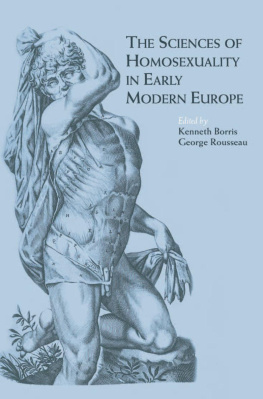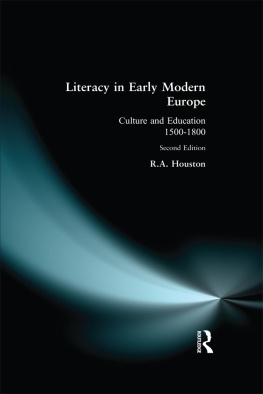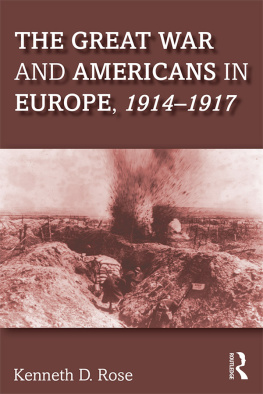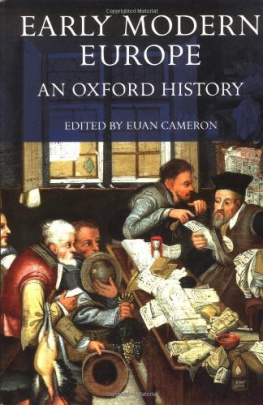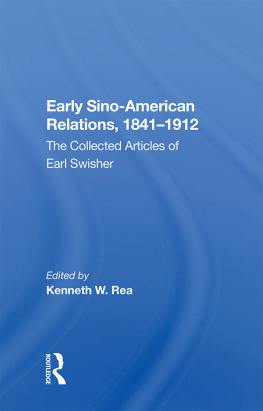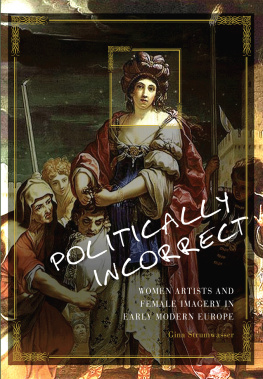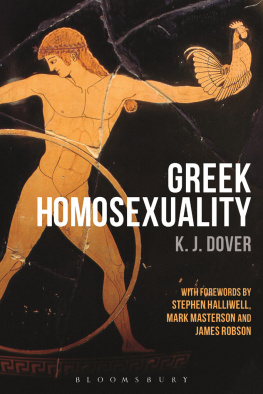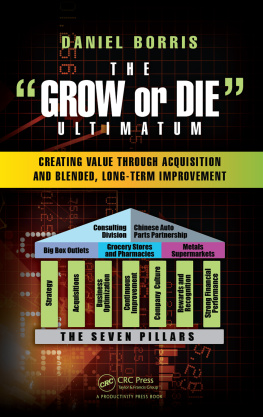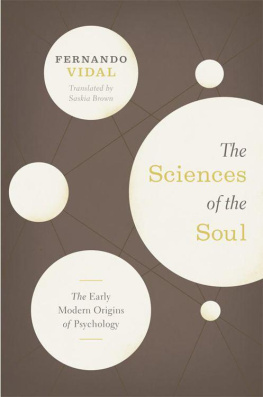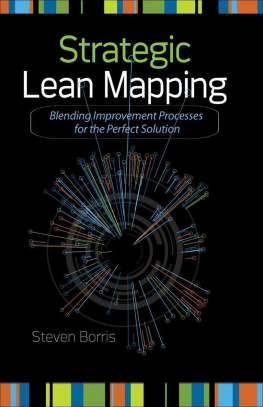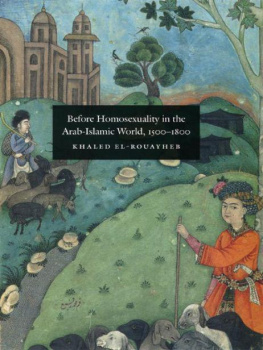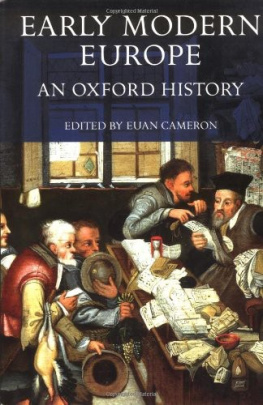The Sciences of Homosexuality in Early Modern Europe
The Sciences of Homosexuality in Early Modern Europe investigates early modern scientific accounts of same-sex desires and the shapes they assumed in everyday life. It explores the significance of those representations and interpretations from around 1450 to 1750, long before the term homosexuality was coined and accrued its current range of cultural meanings.
This collection establishes that efforts to produce scientific explanations for same-sex desires and sexual behaviors are not a modern invention, but have long been characteristic of European thought. The sciences of antiquity had posited various types of same-sexual affinities rooted in singular natures. These concepts were renewed, elaborated, and reassessed from the late medieval scientific revival to the early Enlightenment. The deviance of such persons seemed outwardly inscribed upon their bodies, to be documented in treatises and case studies. It was attributed to diverse inborn causes such as distinctive anatomies or physiologies, and embryological, astrological, or temperamental factors.
This original book freshly illuminates many of the questions that are current today about the nature of homosexual activity and reveals how the early modern period and its scientific interpretations of same-sex relationships are fundamental to understanding the conceptual development of contemporary sexuality.
Kenneth Borris is Professor of English at McGill University and is a recipient of the MacCaffrey Award and a Canada Research Fellowship. His previous books are Same-Sex Desire in the English Renaissance (Routledge, 2004), Allegory and Epic in English Renaissance Literature: Heroic Form in Sidney, Spenser, and Milton (Cambridge, 2001), Spensers Poetics of Prophecy (University of Victoria, 1991), and a co-edited collection, The Affectionate Shepherd: Celebrating Richard Barnfield (Associated University Presses, 2001).
George Rousseau is Co-Director of the Centre for the History of Childhood at Oxford University. His previous publications include Nervous Acts: Essays on Literature, Culture and Sensibility (Palgrave Macmillan, 2004), Framing and Imagining Disease in Cultural History (Palgrave Macmillan, 2003); (with Roy Porter) Gout: The Patrician Malady (Yale, 1998), Pre- and Post-Modern Discourses: Medical, Scientific, Anthropological (Manchester, 1991).
The Sciences of Homosexuality in Early Modern Europe
Edited by
Kenneth Borris and
George Rousseau
First published 2008
by Routledge
2 Park Square, Milton Park, OXon OX14 4RN
Simultaneously published in the USA and Canada
by Routledge
270 madison Ave, New York, NY 10016
Routledge is an imprint of the Taylor & Francis Group, an informa business
2008 Kenneth Borris and George Rousseau
Typeset in Baskerville by
HWA Text and Data Management, Tunbridge Wells
Printed and bound in Great Britain by
Antony Rowe Ltd, Chippenham, Wiltshire
All rights reserved. No part of this book may be reprinted or reproduced or utilized in any form or by any electronic, mechanical, or other means, now known or hereafter invented, including photocopying and recording, or in any information storage or retrieval system, without permission in writing from the publishers.
British Library Cataloguing in Publication Data
A catalogue record for this book is available from the British Library
Library of Congress Cataloging-in-Publication Data
The sciences of homosexuality in early modern Europe / edited by Kenneth Borris and George Rousseau.
p. cm.
Includes index. I. Homosexuality-Europe-History. 2. Identity. 3. Gays-EuropeHistory. 4. Homosexuality in literature I. Borris, Kenneth. II. Rousseau, G.S. (George Sebastian)
HQ76.2.E9S35 2008
306.76'60940903-dc22
2007017384
ISBN10: 0415403219 (hbk)
ISBN10: 0415446929 (pbk)
ISBN13: 9780415403214 (hbk)
ISBN13: 9780415446921 (pbk)
Contents
KENNETH BORRIS |
PART I
Medicine |
DEREK NEAL |
FAITH WALLIS |
GEORGE ROUSSEAU |
CRISTIAN BERCO |
KEVIN SIENA |
PART II
Divinatory, speculative and other sciences |
KENNETH BORRIS |
P. G. MAXWELL-STUART |
H. DARREL RUTKIN |
GUIDO GIGLIONI |
ALLISON B. KAVEY |
PART III
Science and sapphisms |
WINFRIED SCHLEINER |
HARRIETTE ANDREADIS |
Harriette Andreadis is Professor of English at Texas A & M University. Her books include Sappho in Early Modern England (2001), awarded the 2002 Roland Bainton Prize for Literature. Having recently published a new essay on Katherine Philips and homoerotic desire in SEL , she is investigating the early modern afterlife of Ovidian erotics in Drydens Heroides .
Cristian Berco , Assistant Professor of History at Bishops University, has authored Sexual Hierarchies, Public Status: Men, Sodomy, and Society in Spains Golden Age (2007). His essays have appeared in various serials and collections including Sixteenth Century Journal , Medieval Encounters , Confraternitas , and Power and Gender in Renaissance Spain . He is currently researching the social history of venereal disease in early modern Toledo.
Kenneth Borris , Professor of English at McGill University and a former Canada Research Fellow, has authored Allegory and Epic in English Renaissance Literature (2000) and Spensers Poetics of Prophecy (1991); edited Same-Sex Desire in the English Renaissance: A Sourcebook of Texts, 1470-1650 (2004); and co-edited The Affectionate Shepherd: Celebrating Richard Barnfield (2001). His current research deals with Spensers Platonism, allegory, and early modern engagements with the varieties of unbelief.
Guido Giglioni is the Cassamarca Lecturer in Neo-Latin Cultural and Intellectual History at the Warburg Institute, University of London. He has authored Immaginazione e malattia (2000), on Jean Baptiste van Helmont, and edited Francis Glissons manuscripts relating to De natura substantiae energetica (1996). Currently he is working on Girolamo Cardano.
Allison B. Kavey is Assistant Professor of History at CUNY John Jay College. Her Books of Secrets in England, 1550-1600 , is forthcoming from the University of Illinois Press in 2007. She is co-editing a collection on the natural philosophy and cultural currency of J. M. Barries Peter Pan , forthcoming from Rutgers University Press.
Derek Neal is Assistant Professor of History at Nipissing University. Having completed The Masculine Self: Men in Late Medieval England , forthcoming from the University of Chicago Press, he is now studying gender in social relations among the English clergy, 1460-1560.
P. G. Maxwell-Stuart is a lecturer in History at the University of St. Andrews. His books include The Occult in Early Modern Europe (1999); Martin Del Rios Investigations into Magic , an edited translation (2001); Satans Conspiracy: Magic and Witchcraft in Sixteenth Century Scotland (2001); and The Occult in Mediaeval Europe (2005). Forthcoming are a new edited translation of the Malleus Maleficarum (2007) and a history of alchemy.
George Rousseau is Co-Director of the Centre for the History of Childhood at Oxford University. His books include This Long Disease, My Life: Alexander Pope and the Sciences (1968), with Marjorie Hope Nicolson; The Languages of Psyche: Mind and Body in Enlightenment Thought (1990); the trilogy Pre- and Post-Modern Discourses: Medical, Scientific, Anthropological (1991); Gout: The Patrician Malady (1998), with Roy Porter; Framing and Imagining Disease in Cultural History (2003), Nervous Acts: Essays on Literature, Culture, and Sensibility (2004), and Children and Sexuality: The Greeks to the Great War (2007).


